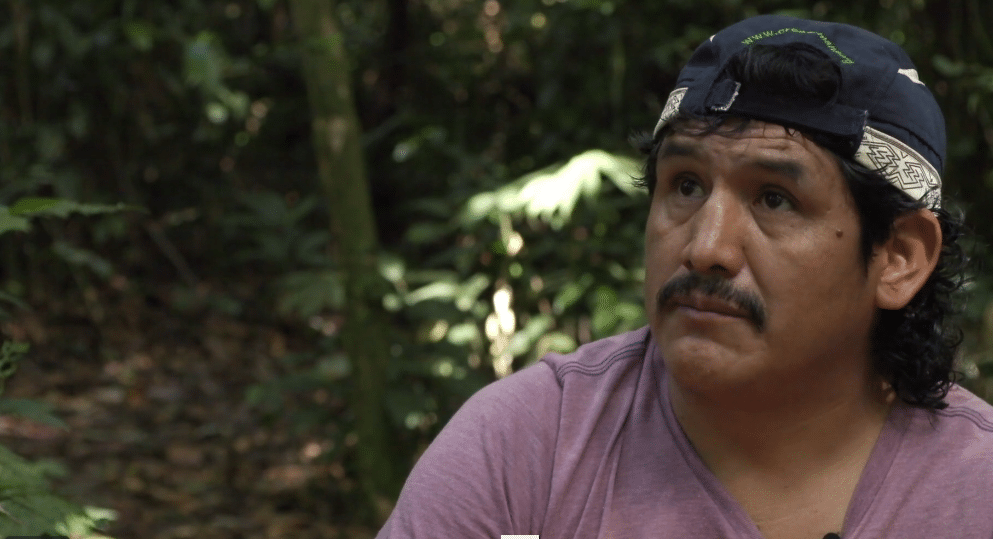We are now in the exciting lead up to the second Good Natured: A Conservation Optimism Short Film Festival! As we are now accepting submissions, we decided to have a catch up with the finalists and winners of the first edition.
Our second Q&A of this interview series is with Eilidh Munro, who was the finalist in the People & Nature category last year with Second Chances. The film follows the journey of a ‘colonist’, called Juvenal Huari Castilla, who travelled to Manu as a young man to make a living as a logger. It’s a beautifully nuanced story of growth and change that proves that people can change and reverse the damaging impact that they are having on the planet.
Conservation Optimism: What inspired you to work on Second Chances?
CO: How does your film align with the ethos of Conservation Optimism?
EM: It’s very easy to feel depressed by the state of the environment and I think we’re in danger of people choosing to close themselves off from the relentlessly negative reporting on these issues. At the same time, we’re at the point where we have to face up to the realities of climate change and report on unsustainable land use and resource extraction, and how these affect biodiversity and human cultures. So I think a balance needs to be found, and where we do have ‘negative’ climate news it would be helpful for more people to be offered tangible solutions and – where it exists – hope.
The rainforest where Second Chances is filmed is in regeneration and after years of unsustainable farming and selective logging, 89% of all biodiversity has returned there. I’ve always found this absolutely incredible, and it’s an extremely hopeful example of how nature can restore itself if it is protected. However, to make this happen we need people to change too – both on the frontline of our most valuable environments and internationally. For me, Second Chances shows that this change is possible and that the results are something we can be optimistic about.
CO: You attended the film festival in Oxford, how was the experience of being there in person?
EM: I always love watching other films that focus on the same subjects I’m interested in. So it was brilliant to attend the festival, particularly because it was hosted at the Natural History Museum in Oxford – what a venue to have your film screened at! I felt really inspired and proud to have my work showcased there, and to discuss the power of film for conservation with likeminded people.

CO: What are you up to this year? Any new films in the pipeline?
EM: I’ve just finished a 23 minute documentary, Voices on the Road, which explores indigenous perspectives on a road which is being built through the Manu Biosphere Reserve in the Peruvian Amazon. This is being screened in international film festivals so when possible I’m doing some talks and Q&As about the issues the film raises alongside my co-director, Bethan John. We’re also planning the impact campaign for this film alongside our partners at the IUCN NL. I’ve got a couple of films in the pipeline – both covering environmental issues, in Peru and the UK – as well as camera operating as a freelancer.
Learn more about Eilidh’s latest documentary at: voicesontheroadfilm.com
Are you a filmmaker who tells stories of Conservation Optimism? We would love to hear from you!
We are currently accepting submissions for this year’s short film festival Good Natured on Film Freeway, under the categories of People & Nature: Communities, Heroes & Wellbeing; Conservation Works: Learning from Success & Failure; Animation and Student film.
Submit your short film before the 15 March deadline!


